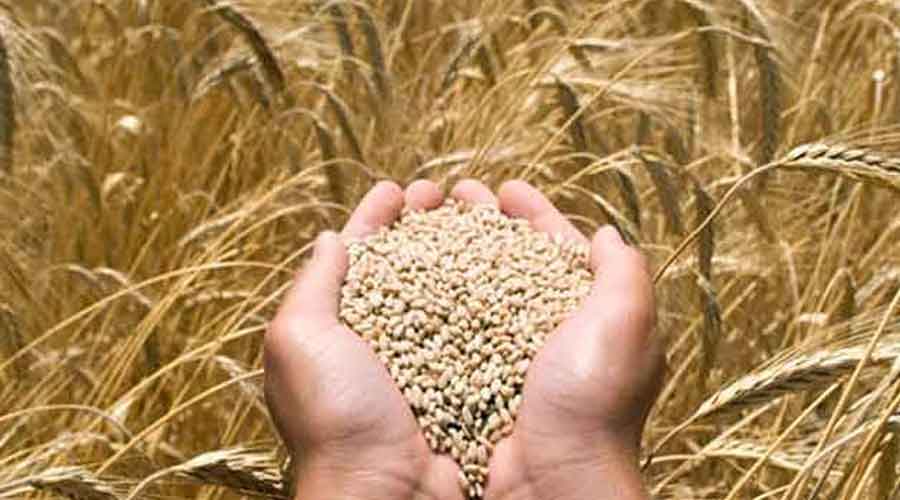The effects of the war in Ukraine have reverberated across the world, and that is especially the case in Africa where the blockage of grain exports from Ukraine has stoked soaring wheat prices and exacerbated hunger and starvation.
So officials, aid groups and wheat importers across Africa welcomed Friday’s deal to unblock grain exports in Ukraine, where the war has led to grain shortages and rising food prices across the African continent.
“The noose was tightening, so the deal should help us breathe,” said Célestin Tawamba, the chief executive officer of La Pasta, the largest flour and pasta producer in Cameroon.
The UN-brokered agreement between Russia and Ukraine is particularly important in 14 African nations that, according to the Food and Agriculture Organisation, depend on the two warring nations for half of their wheat imports. One country, Eritrea, is fully dependent on them.
But the deal will have a limited impact in some other parts of Africa, where nations are battling internal political, economic and social crises that have also contributed to growing hunger and high food prices, said Nazanine Moshiri, an analyst with the International Crisis Group.
This is particularly true of countries in East Africa, where the worst drought in four decades has decimated farms and livestock, dried up rivers and wells and led to the death of hundreds of children.
Many African countries mostly rely on cereals such as maize, sorghum, millet and rice. But those who do consume wheat have increasingly favoured buying wheat from Russia because it is less costly than grain from other countries, according to Hugo Depoix, the Paris-based manager of Cerealis, a grain trader.
Some West African countries like Benin, Burkina Faso, Cameroon or Ivory Coast are particularly exposed to disruptions of wheat exports from Russia. Governments have frozen the price of baguettes or flour in an effort to contain the soaring wheat prices, which have jumped over the last two years from around $250 per tonne in summer 2020 to $530 this spring.
Tawamba, of the La Pasta company, estimated that it will be “two to three months at the earliest, by the time cheaper wheat gets to us”.
The unblocking of the grain exports is welcome news, but experts said it does not address the soaring price of fertilisers and fuel, which are also being driven up by the Ukraine war.
In West Africa, where the planting season started in May and June for most cereals, the scarcity of affordable fertiliser because of the war could lead the region to lose a quarter of its production compared with last year.
(New York Times News Service)











